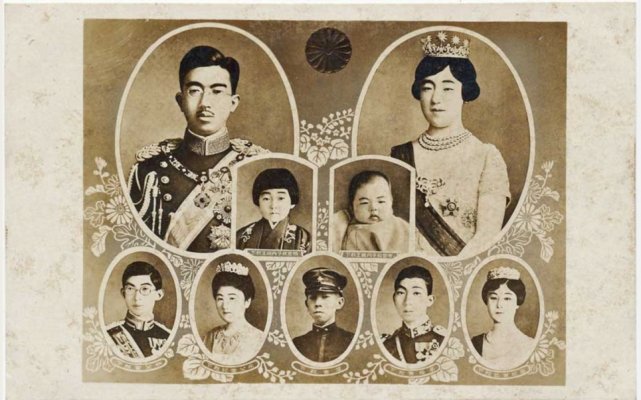[...]
At 8:30 p.m. in Tokyo, just hours before the attack, [Prime Minister Hideki Tojo] summoned two top aides for a countdown to war briefing. One of them, Vice Interior Minister Michio Yuzawa, wrote an account three hours after the meeting was over.
"The emperor seemed at ease and unshakable once he had made a decision," he quoted Tojo as saying.
[...]
"It took me nine years to come forward, as I was afraid of a backlash," said bookshop owner Takeo Hatano, who handled the document carefully as he showed it to Associated Press journalists. [...]
Takahisa Furukawa, a Nihon University expert on wartime history who has confirmed the authenticity of the memo, called it the first detailed portrayal of Tojo and Hirohito just before the attack. Palace documents have confirmed Hirohito's daytime meeting with Tojo on Dec. 7, 1941, but without elaborating.
The memo supports the view that Hirohito was not as concerned about waging war on the U.S. as was once portrayed, Furukawa said. The emperor had endorsed the government's decision to scrap diplomatic options at a Dec. 1 meeting, and his unchanged position the day before the attack reassured Tojo.
Yuzawa's account portrays Tojo as upbeat and feeling a sense of accomplishment after all the required administrative steps for war had been taken and, most importantly, Hirohito had given him the final nod without asking any questions.
"If His Majesty had any regret over negotiations with Britain and the U.S., he would have looked somewhat grim. There was no such indication, which must be a result of his determination," Tojo is quoted as saying in the memo. "I'm completely relieved. Given the current conditions, I could say we have practically won already."
[...]
Furukawa said Tojo's remarks in the memo about his relief at completing the preparations for war support evaluations of him as a good bureaucrat but not a visionary leader. More decisive leadership might have ended the war earlier, he said.
"Tojo is a bureaucrat who was incapable of making own decisions, so he turned to the emperor as his supervisor. That's why he had to report everything for the emperor to decide. If the emperor didn't say no, then he would proceed," Furukawa said. "Clearly, the memo shows the absence of political leadership in Japan."
[...]
Hatano, a longtime acquaintance of some of Yuzawa's descendants, received the notebook and other items from the family when they wanted to make room in their apartment. He found the memo folded in half inside the notebook about a year later.
"When I recognized the date, Sunday, Dec. 7, 1941, I knew it was something special," he said. He examined it repeatedly to try to make sense of the handwriting and archaic language. "Then I spotted references to the emperor, and Prime Minister Tojo."





